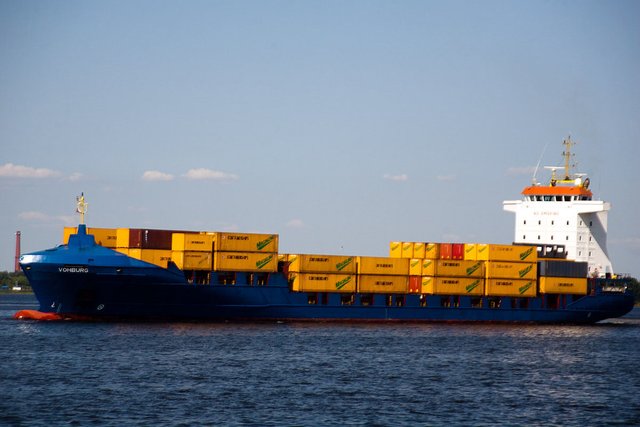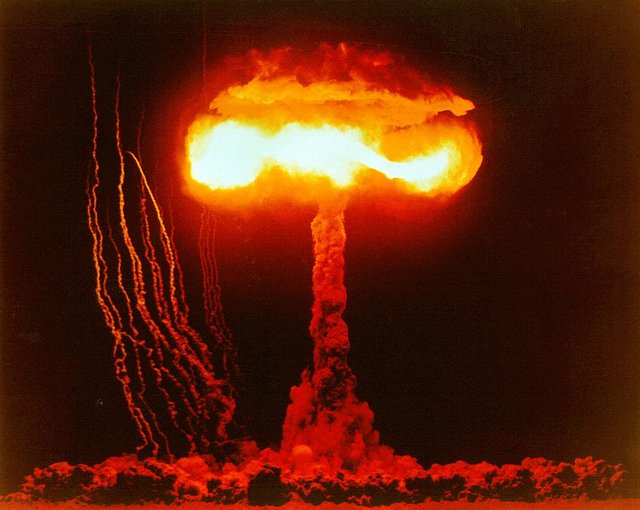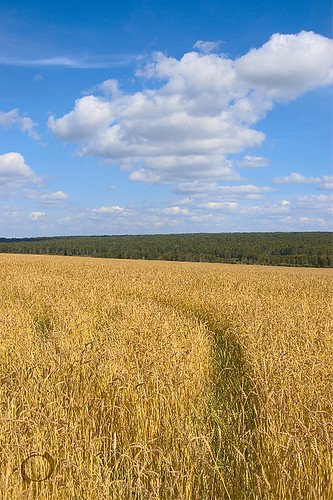What lies ahead for us?
The madness that is happening now is a consequence of the implementation of a pre-prepared plan of measures leading to a change in the world order. Many are wondering: what does this Great Reset and "Build Back Better" mean? And by what signs can one determine that the ongoing events are precisely the stages on the way to a new inclusive future?
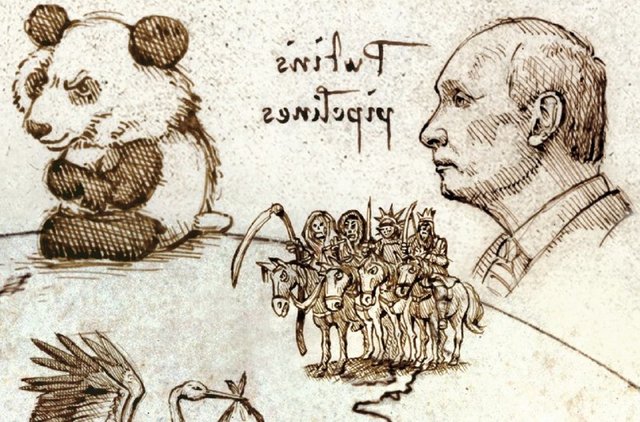
If you dive a little into conspiracy theories, then the four horsemen of the apocalypse on the cover of The Economist “The World in 2019” speak indirectly about this. The first rider came to us in 2020 in the form of a terrible pandemic (plague), which greatly frightened everyone, led to mass psychosis and subsequent depression with human casualties both from the virus and from vaccination.
What lies ahead for us?
The Four Horsemen of the Apocalypse are characters from the sixth chapter of the Revelation of John the Theologian. They are often referred to as Plague, War, Famine and Death.
If everything is already more or less clear with the second (war), however, so far it has not spread to the entire globe, like the first (covid-plague), but the third (hunger), by all indications, is already on its way!
Well, the fourth - (death), has long been with us.
As for the third horseman (hunger), the obvious prerequisites for its appearance have already occurred. Hungary was the first EU country to ban grain exports.
Due to high gas prices in Europe, dozens of enterprises producing fertilizers have been stopped. Russia, the world's largest exporter of fertilizers, actually stopped this export a few days ago.
Russia and Ukraine, together providing a third of the world's grain exports, are in a state where such exports cannot be guaranteed. The sowing campaign in Ukraine may never start. There may also be issues with Russian exports due to logistical failures.
From March 1, three key sea carriers - shipping companies Maersk, Mediterranean Shipping Company (MSC) and CMA CGM - stopped processing cargo from and for Russia. Because of this, shipments from Russia of both fertilizers and grain stopped. And it seems that no one is going to solve this problem, or maybe they just don’t know how. Russian ships are still prohibited from entering European ports!
All these events, although they were spoken of as possible, could not have occurred under normal conditions. According to Bromley's theorem: if an unlikely event occurs in the system, then with a greater degree of probability it will entail an even more unlikely event, and then the chain of unlikely events will only increase.
The first of these unexpected and unlikely events was the Covid-19 pandemic, no one expected this, and if it expect, it was not on such scale and not with such consequences ...
The second incredible event was the war. And although a lot has been said about it, especially in recent months, absolutely no one could have expected that it would take on such forms and scales. And the rest of the participants prescribed in the scenario (NATO) have not yet been drawn into this, not to mention the prospects for the use of nuclear weapons, in which few people currently believe.
For the time being, we are only beginning to guess about hunger, although judging simply by the indicators of logistics statistics and the stoppage of fertilizer production, we can say with confidence that it will be impossible to avoid it
And there was news that at a meeting of the subcommittee on customs-tariff and non-tariff regulation, that the government of the Russian Federation could limit the export of grain from Russia to the EAEU countries, as well as impose a ban on the export of sugar from the country.
According to one of the meeting participants, it is planned to limit the supply of wheat, rye, barley and corn to the EAEU countries until August 31. Although this can be rescheduled for a later date
The ban on the export of white sugar and raw sugar from the Russian Federation will apply to exports to third countries too.
The export of Russian grain outside the EAEU from February 15 to June 30, 2022 is limited by a quota of 11 million tons, including 8 million tons of wheat. In addition, floating duties apply to the supply of wheat, rye, barley and corn. From the beginning of the season to February 24, excluding deliveries to the EAEU, Russia exported 27.5 million tons of grain, including 22.5 million tons of wheat.
Eduard Zernin, chairman of the board of the Union of Grain Exporters, says that Russia's partners in the EAEU bought back historically justified volumes a long time ago - in particular, Kazakhstan and Kyrgyzstan sharply increased purchases. According to him, the measure will not affect Russian grain exporters in any way - the EAEU countries independently purchased on the Russian market, often according to gray schemes.
Over the past few years, the Russian Federation has been exporting 25-45 thousand tons of sugar per month, mainly to Kazakhstan and other neighboring countries. According to the Institute for Agricultural Market Studies, 5.7 million tons of sugar will be produced in Russia in the 2021-2022 season.
Egypt, the countries of the Middle East, and the Arab countries of the Persian Gulf depend quite heavily on the export of Russian grain. Perhaps that is why Saudi Arabia and the UAE refused a telephone conversation with Biden on the issue of sanctions against Russia and an increase the oil exports to the United States.
The inclusion of these countries in the list of unfriendly countries by Russia could lead to Russia's refusal to export grain, which will inevitably lead to problems with the provision of food to 45 million citizens of these states. The price of wheat has now skyrocketed to a maximum over the past 14 years and is not going to stop yet.
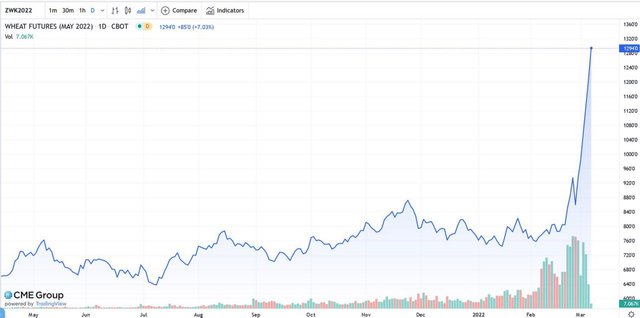
Perhaps the new world currency this year will not be gold or even bitcoin, but wheat.

